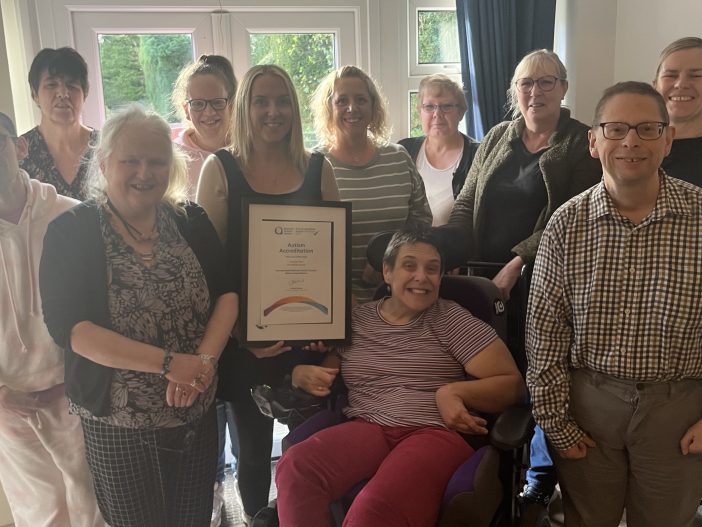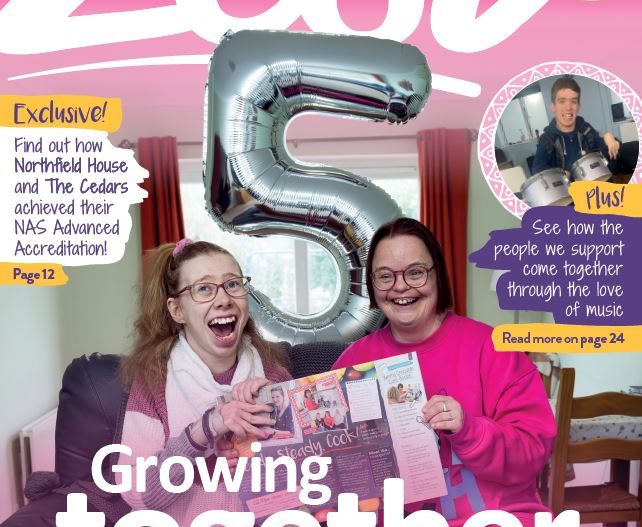How our person-centred approach to autism helps navigate change
Routines are often important to autistic people. When change happens, they can find it difficult to adjust to a new routine. At Voyage Care, we understand that each person with autism is unique, and they will experience changes in different ways. Our person-centred care plans offer vital support in establishing daily routines and empower the people we support to cope with unexpected change.
Navigating change
We understand that consistency can be important in the life of someone with autism. Routines and regularity are vital to the wellbeing of the people we support. Our teams work with autistic individuals to establish routines, and tailor support when sudden changes arise.
When the unexpected happens, this often leads to impulsive reactions. Our teams understand it can be difficult to identify what might cause autistic people to react in certain ways. Our teams look at the bigger picture and assess whether external factors, sensory issues or emotional triggers are the cause of behavioural irregularities. The relationships our teams form with the people we support are extremely important in providing insights and supporting them through change.
Behavioural changes may arise from situations that may not affect neurotypical people. A common trigger is change to routine. Having visitors in the home or attending medical appointments, for example, can cause disruption. To reassure the people we support during these occasions, our teams use visual aids, such as sensory activity boards and visual calendars, to communicate what is happening. We also prepare for visitors by providing them with information sheets on the people we support. This helps to create awareness of individual behaviours and routines, minimising any disruption.
Grief and loss can also cause behavioural shifts and may be experienced differently by each person. As well as bereavement for loved ones, the loss of an item can have a significant impact in the life of a person with autism. Sensory items, objects with emotional attachment, and communicative aids are all vital to their daily routine so, when removed, can drastically affect how they interact with the world around them. Our teams are trained to understand that grief may be a delayed process in an autistic individual and may present long-term challenges. They work with the autistic people we support to help them manage change, and often use visual aids and prompts to communicate things to them and help them understand what is happening.
Understanding the individual
Our person-centred approach focuses purely on the individual. We start by conducting comprehensive assessments – including sensory and care assessments, which enable us to develop autism and sensory profiles. Once these profiles are in place, we then work with the people we support to develop a support plan, tailored around their likes, needs and aspirations.
We want each autistic person to thrive with our support. We ensure that each person is a good fit to their future home and the people that will be supporting them. We conduct environmental assessments and ensure they have opportunities to visit services and meet the team who will be supporting them, as well as getting to know their future housemates.
An outstanding approach
We work closely in conjunction with the National Autistic Society, (NAS), to ensure we stay up to date with current practices and developments in the autism space. We are NAS accredited to Outstanding status and benefit from the knowledge of two NAS accredited assessors who work to develop our support practices and knowledge by working with other providers and autistic people.
If you would like to find out more about our specialist autism support, complete our quick and easy form and a member of our team will be in touch.

 Information
Information 

